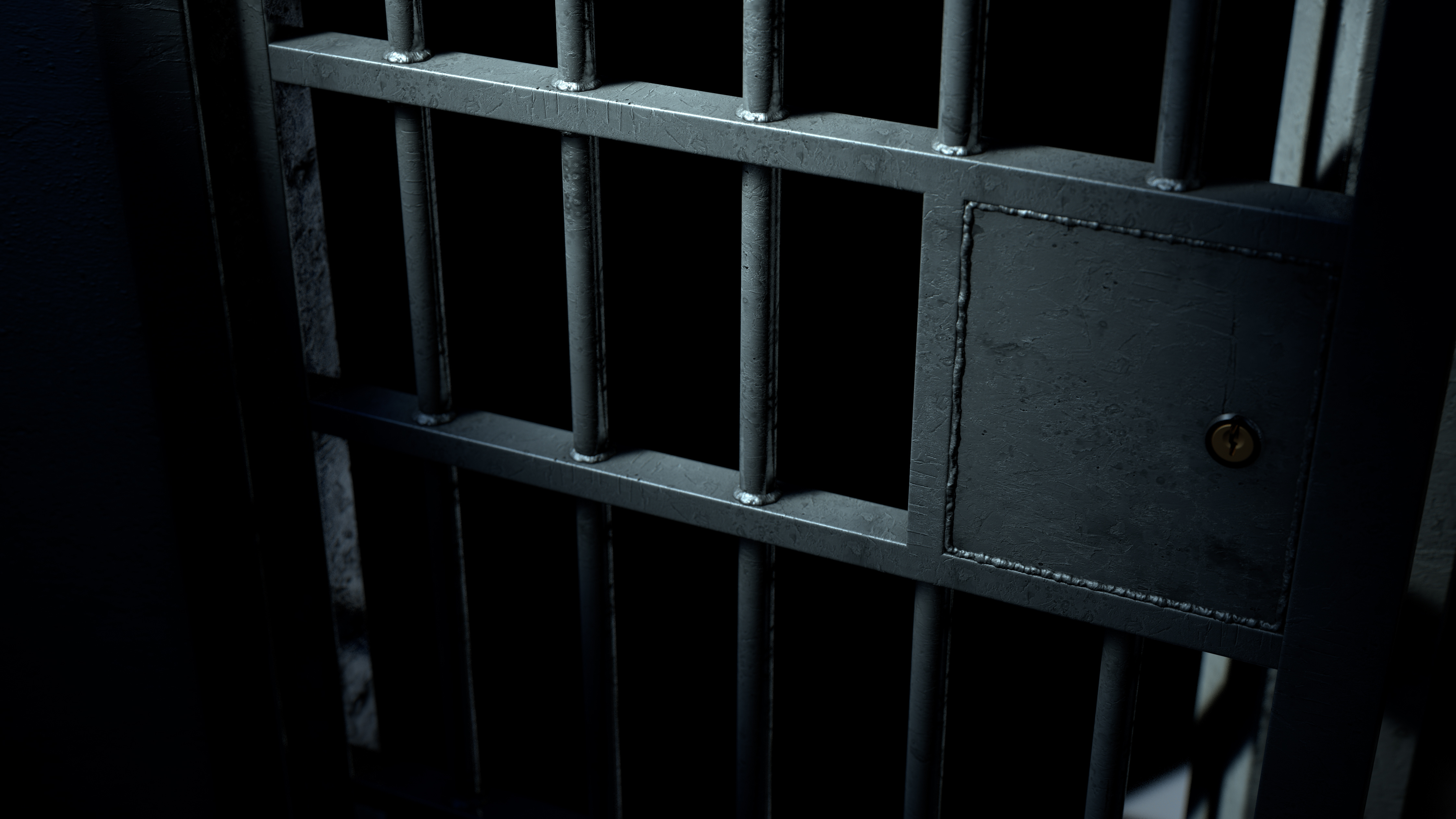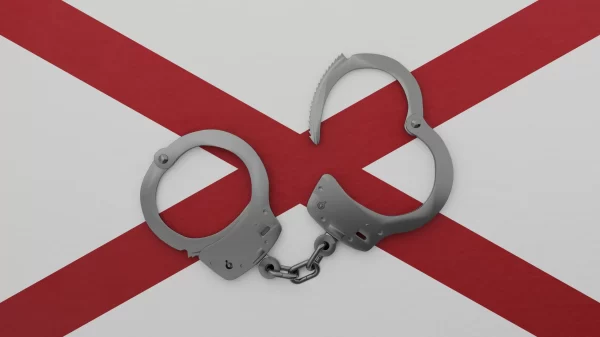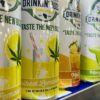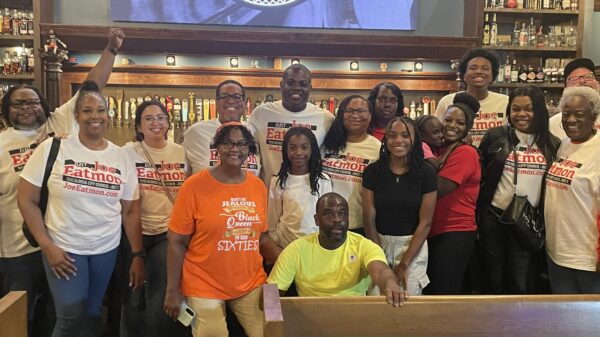A national research report by the ACLU shows that Black Americans are much more likely to be arrested for breaking marijuana laws than white people. Black people are 3. 6 times more likely than whites to be jailed for marijuana crimes than white people. Alabama has the 16th-highest disparity in the country at 4.1 times.
The highest racial disparity is Montana where Black people are 9.6 times more likely to be jailed for marijuana crimes than whites. Montana is followed by Kentucky at 9.4 times, Illinois at 7.5 times, and West Virginia and Iowa at 7.3 times.
These are based on 2018 numbers. Illinois legalized marijuana in 2019.
In Alabama, there are very wide disparities between counties. Dekalb County has the highest rate of disparity between races. Black people there were 45.4 times more likely than white people to see the inside of a jail cell for a marijuana crime. Dekalb County only has 1,325 Black residents but their arrest rate was 1,160 per 100,000 people for marijuana offenses (one of the highest arrest rate for any group anywhere in Alabama). DeKalb has 66,184 white residents. Their arrest rate for marijuana crimes was just 24 per 100,000.
In the college counties of Lee and Tuscaloosa, home to Auburn University and the University of Alabama, Black residents were 12.8 and 6.9 times more likely to be jailed for marijuana than white residents. The arrest rates for Black residents there were 55 and 523 per 100,000. They were 4 and 75 per 100,000 white residents.
In Baldwin County, Black people were 8.6 times more likely to be arrested than white people. The incarceration rate for Black people was 302 per 100,000 but for white people was 35 per 100,000.
The disparities were smaller in the large urban counties but still existed: 9-times for Montgomery, 4.4-times for Jefferson, 4.5-times in Madison and 4.7-times for Mobile.
The highest incarceration rate was in Winston County where their 207 Black residents had an incarceration rate of 1,226 arrests per 100,000. Black people there were 39.4 times more likely to be arrested for a marijuana offense than white residents. Nearby Cullman County did not report arresting any Black people for marijuana offenses and just 12 white residents in the same year.
Chey Garrigan with the Alabama Cannabis Industry Association said that the results of the study were troubling.
“The state of Alabama has a long history of inequity between races in its history, and apparent injustice is very troubling,” Garrigan said. “Every court circuit in the state should have drug courts and community corrections options so that young people, including young Black men, do not get a criminal record and be incarcerated over a victimless crime. Once enmeshed in the court system and the state prison system it is very difficult for a person to get their life back on track.”
Garrigan said that Congress should delist marijuana as a controlled substance and the state should decriminalize the substance and pass medical marijuana legislation.
“The state of Alabama spends millions of dollars a year jailing and prosecuting people for marijuana crimes,” Garrigan said. “That money and resources could be more effective funding our poor mental health care system.”












































